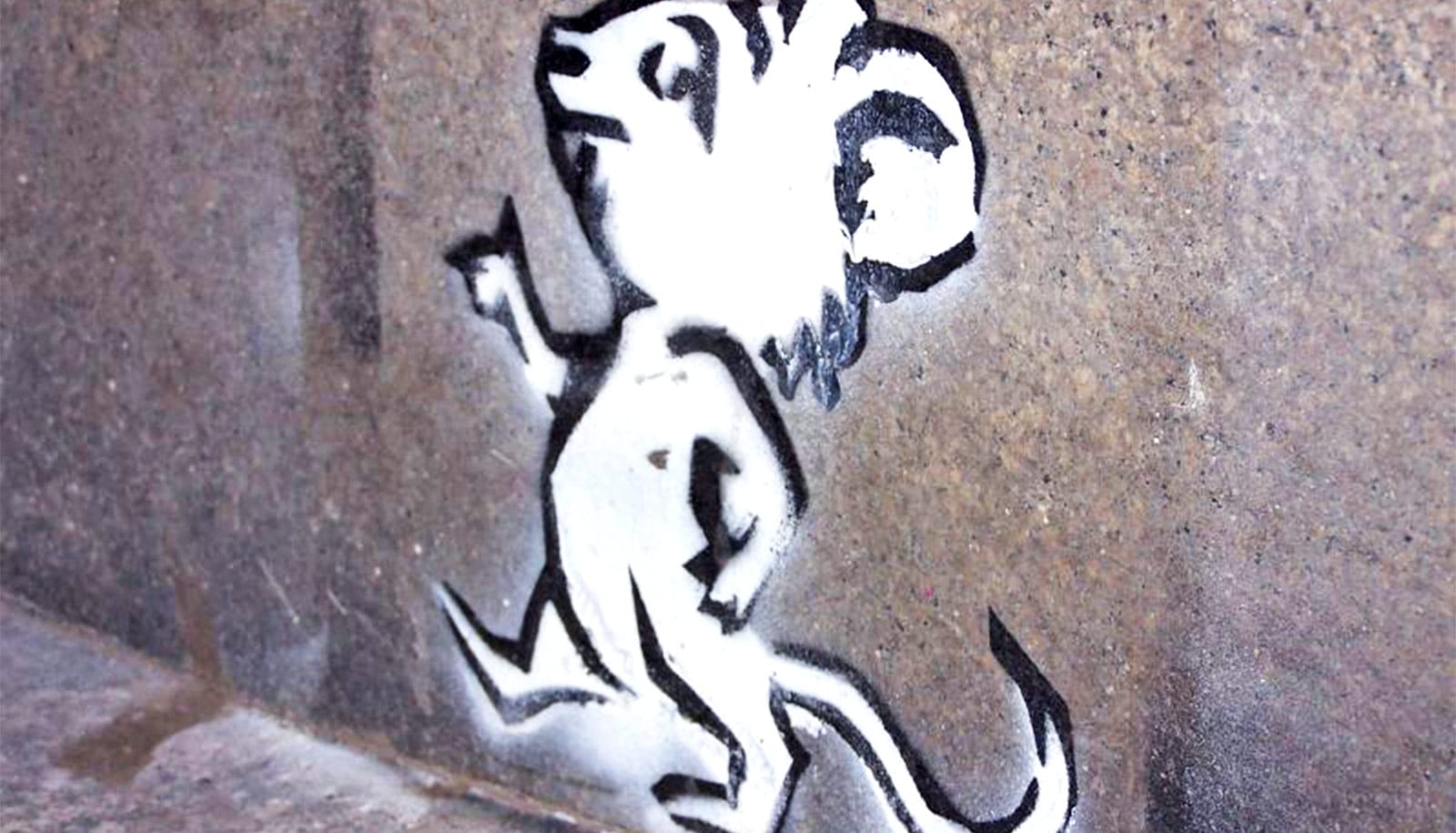
The researchers discovered an exercise that reverses the cognitive decline in aging mice and paved the way for human studies.
35 days of physical exercise improved learning and memory after a decade of research.
Dan Blackmore, research fellow and animal behavior facility manager at the University ofQueensland Brain Institute, says that they tested the cognitive ability of elderly mice following defined periods of exercise and found an optimal period or "sweet spot" that greatly improved their spatial learning.
The researchers discovered how exercise improves learning.
Blackmore says that they found that growth hormone levels peaked during this time, and that raising them in sedentary mice was also effective in improving their cognitive skills.
The hippocampus is the region of the brain critical to learning and memory.
Thousands of Australians are diagnosed with dementia every year.
The number of people with dementia is expected to increase to over one million by 2058 because of no medical breakthrough.
The findings show that the decline in cognitive function in old age is related to the decline in the production of new neurons.
It shows the importance of being able to reprogram the brain's stem cells.
The team looked at how the production of new neurons changed the circuitry in the brain.
Blackmore says that they were able to study the brain after exercise and identify the changes needed for improved spatial learning.
Two papers about this research were published in iScience.
The University of QUEENSLAND.
